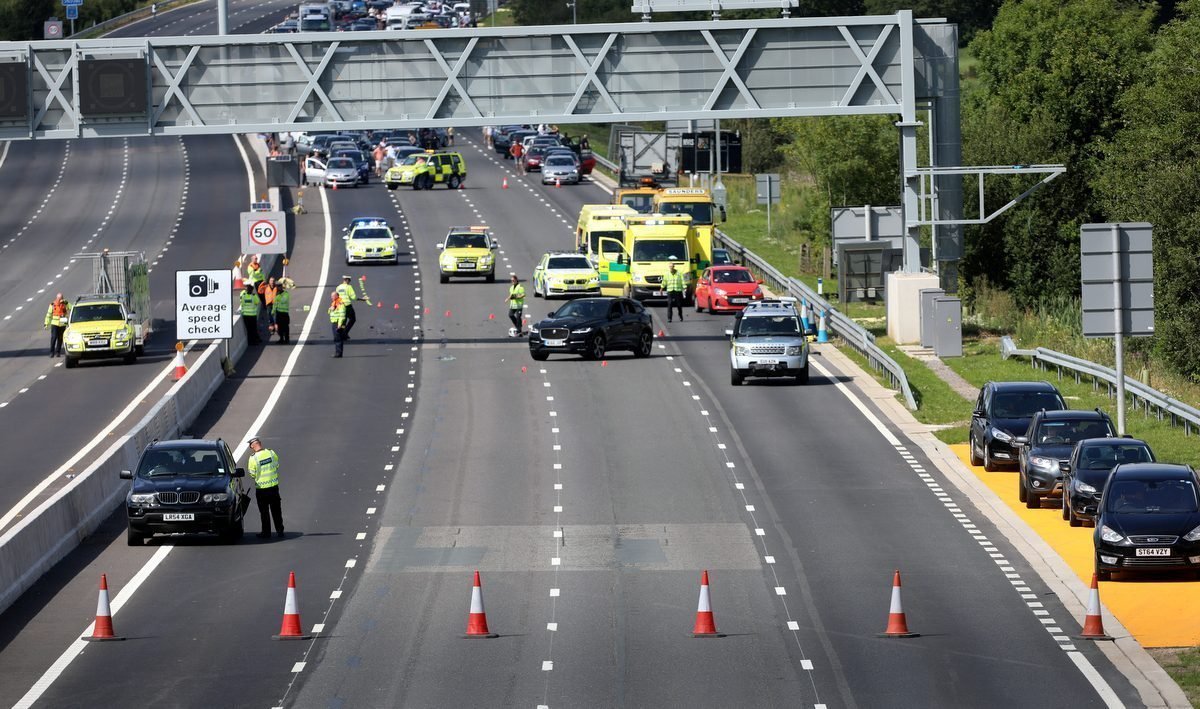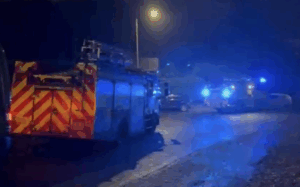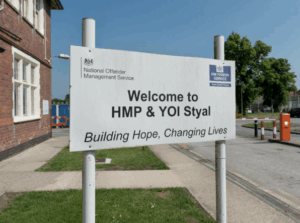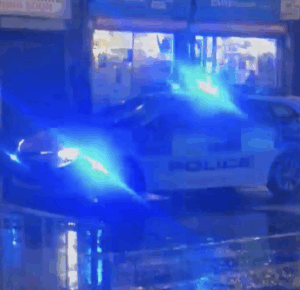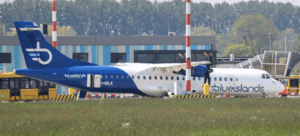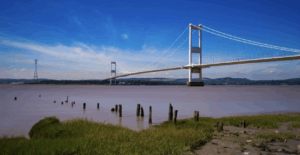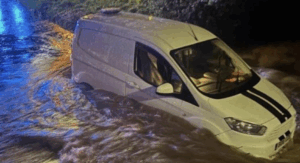The RAC has called for the reinstatement of hard shoulders on smart motorways, emphasizing the need for enhanced safety measures on these road networks.
The motoring group’s plea comes a year after Chancellor Rishi Sunak halted all future planned smart motorway projects, citing financial constraints and dwindling public confidence in these road systems.
Smart motorways, particularly those utilizing all-lane running (ALR) configurations, have been implemented over the past decade with the aim of boosting road capacity at a lower cost compared to traditional widening projects. However, concerns over safety have persisted, particularly regarding incidents where stationary vehicles in live lanes have been struck from behind, resulting in fatal accidents.
In response to these safety concerns, the RAC has urged ministers to consider either converting existing ALR smart motorways into dynamic ones, where the hard shoulder is opened only during peak traffic periods, or reinstating permanent hard shoulders by repainting white lines.
Simon Williams, head of policy at the RAC, highlighted the significant investment made in improving safety on smart motorways, including the installation of radar-based technology to detect stranded vehicles and the creation of additional emergency refuge areas. Despite these efforts, concerns over safety persist, prompting calls for reevaluation of smart motorway designs.
The call for action follows a report by National Highways in December, which revealed that smart motorways without hard shoulders were three times more dangerous for breakdowns compared to those with emergency lanes. The report also indicated a 10 percent increase in incidents resulting in “killed and serious injury” (KSI) on smart motorways without permanent hard shoulders.
Several specific smart motorway schemes, including sections of the M1, M25, and M6, recorded increases in KSI incidents following the removal of hard shoulders.
While Chancellor Sunak halted new smart motorway projects last year, existing schemes with permanently removed hard shoulders remain operational. However, the Department for Transport has affirmed its commitment to prioritizing public safety, stating that all new smart motorway schemes have been cancelled in recognition of the need for improved driver confidence and safety.
As discussions continue regarding the future of smart motorways, stakeholders emphasize the importance of balancing capacity enhancements with robust safety measures to ensure the well-being of all road users.

